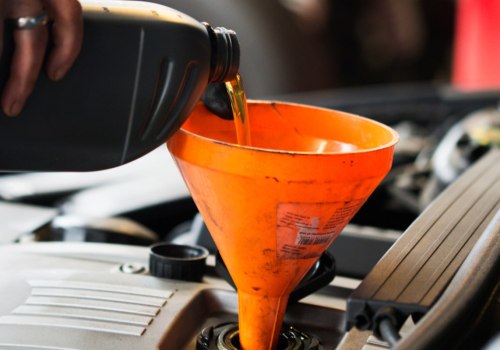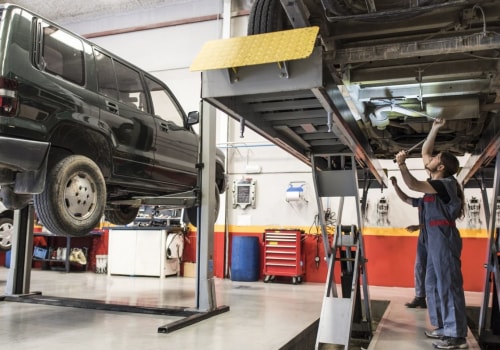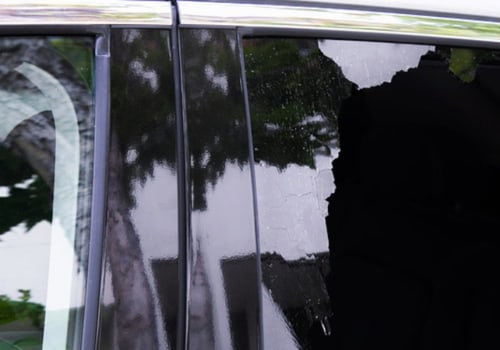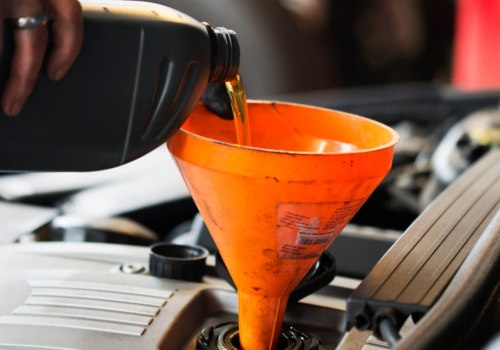Scratches on your car can be more than just annoying - they can reduce the resale value of your vehicle and expose the paint or metal underneath to the elements. Fortunately, if you know how to take care of them, paint scratches won't cause any long-term damage. The best way to repair scratches is to paint over them, which can usually be done with a top-notch scratch removal kit. For more significant or visible scratches, it's best to have a professional do the touch-up, as color matching can be tricky.
Beyond resale value, scratches can lead to rust, which can corrode the car. Rust can cause the paint to flake off, expanding the unprotected area. Small scratches and dents can make buyers think that you are a negligent owner, and there is no “healing” paint that can magically repair them. Repairing them yourself or taking your car to a repair shop can be a mission, especially if the scratch doesn't stop you from driving your car.
Rust from some cars has spread to the point where the floorboards have rotted, making the car dangerous or impossible to drive. This includes cleaning and sanding the surface to remove rust and any debris from the car and ensure that the paint and finish adheres to the car properly. Even contactless car washes are not without risks - high-pressure currents can push dirt and sand across the surface of your car, compromising its protection. The resale value of your car will obviously decrease if it has visible scratches and dents, but it often drops more than you think - especially if your car is still fairly new and you decide to sell it privately.
Taking care of scratches on your car is essential for preserving its value and keeping it in good condition.






